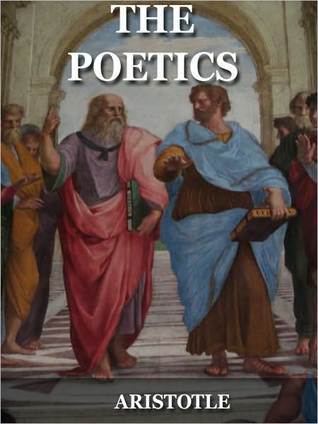More on this book
Community
Kindle Notes & Highlights
Every Tragedy, therefore, must have six parts, which parts determine its quality—namely, Plot, Character, Diction, Thought, Spectacle, Song.
Two of the parts constitute the medium of imitation, one the manner, and three the objects of imitation.
But most important of all is the structure of the incidents.
Tragedy is an imitation, not of men, but of an action and of life, and life consists in action, and its end is a mode of action, not a quality.
the incidents and the plot are the end of a tragedy;
without action there cannot be a tragedy; there may be without character.
Tragedy Peripeteia or Reversal of the Situation,
and Recognition scenes—are parts of the plot.
The Plot, then, is the first principle, and, as it were, the soul of a tragedy: Character holds the second place.
Third in order is Thought,—that is, the faculty of saying what is possible and pertinent in given circumstances.
Character is that which reveals moral purpose, showing what kind of things a man chooses or avoids.
Thought, on the other hand, is found where something is proved to be, or not to be, or a general maxim is enunciated.
Fourth among the elements enumerated comes Diction; by which I mean, as has been already said, the expression of the meaning in words; and its essence is the same both in verse and prose.
Song holds the chief place among the embellishments.
The Spectacle has, indeed, an emotional attraction of its own, but, of all the parts, it is the least artistic, and connected least with the art of poetry. For the power of Tragedy, we may be sure, is felt even apart from representation and actors. Besides, the production of spectacular effects depends more on the art of the stage machinist than on that of the poet.
beauty depends on magnitude and order.


